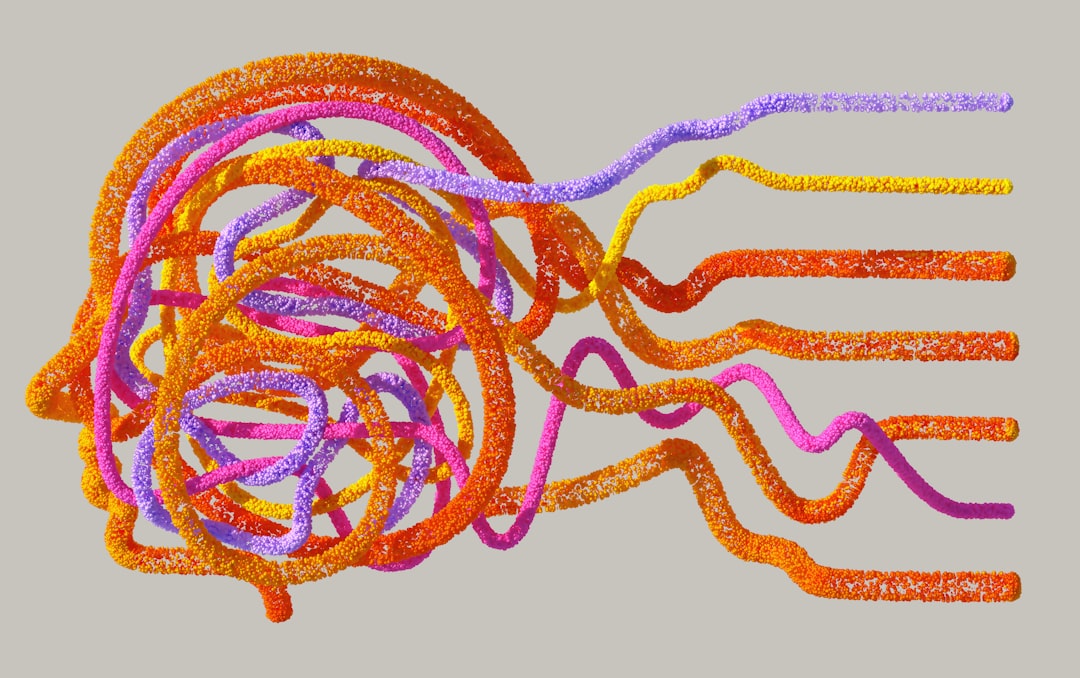South Australia has green-lit the controversial AI chatbot ChatGPT in public schools across the state while SA Universities also embrace the technology.
This comes after several states banned the use of ChatGPT in public school classrooms in recent weeks. NSW was the first to place ChatGPT behind a firewall in state schools pending a review to determine the safe and appropriate use of AI in the classroom.
Private schools in NSW have been more bullish and many will allow the use of AI in class from next semester.
South Australia’s education minister Blair Boyer defended the decision on Channel 9’s Today.
"I don't think we can bury our head in the sand here and just think that you know ChatGPT or artificial intelligence are an overnight sensation that is gonna disappear. They are here, and in fact, we're gonna see a lot more," Minister Boyer said.
School’s back and it was great to chat with Karl & Sarah @TheTodayShow about AI in our schools. Artificial Intelligence has become part of the world just like the internet - and I want to make sure our schools are preparing students for the jobs of the future 🤖 pic.twitter.com/gNzAx1xoWw
— Blair Boyer MP (@BBoyerMP) January 29, 2023
UniSA Professor George Siemens, an expert in AI and education, agrees that not only is the emergence and ubiquity of this disruptive technology unavoidable, but it should also be embraced.
"Rather than avoiding or banning them, it’s far more beneficial for teachers to explore and experiment with them to get a better sense of what is possible," Professor Siemens said.
Concerns that the technology will cause problems with current assessment methods that rely solely on exams and essays are not unfounded.
"Existing assessment models that only test the product, but not the process of learning, will not fare well under an AI-shaped future," Professor Siemens said.
"We already know that managing AI for out-of-class assignments could be challenging, but perhaps it’s indicative of the need to change traditional assessment models so that they better match modern learning needs?"
Much of the conversation has been centred on the impact on students, however, Siemens claims AI could be a boon for teachers allowing them to create more adaptive and personalised lesson plans while reducing their administrative burden.
"Teaching is rapidly changing. By embracing new technologies, and learning how AI can complement teaching, we can prepare students for a future where they will be able to compete with the best and brightest," Professor Siemens said.
While WA, VIC, NSW and TAS ban @OpenAI's #ChatGPT in #schools, @UniversitySA's @gsiemens encourages #teachers to make up their own minds by testing and using these cutting-edge tools themselves. Find out why: https://t.co/DvGbj291Qm@c3lresearch #AI #artificialintelligence pic.twitter.com/lQ3Gzlmo1C
— UniSA (@UniversitySA) February 2, 2023
Minister Boyer says that the argument over AI is similar to arguments in the past over calculators being used in exams or using the internet for schoolwork.
This worry over the use of technologies that make cognitive tasks easier concerns what academics call "cognitive offloading". This refers to any action that reduces the cognitive burden and can range from the act of writing a shopping list to the use of AI.
A 2022 paper published in the journal Frontiers in Artificial Intelligence explored the possible impacts of AI on cognitive offloading. It concluded that there are likely both risks and rewards to the technology.
The preliminary study showed that the use of AI, and cognitive offloading in general, saw participants' greater success rate at completing tasks with reduced errors but this came at the expense of a decline in memory retention.
This is combined with another effect where participants experience inflated confidence in the amount they know about a task when cognitive offloading.
The paper cites these possible effects of using AI as reasons for a cautious approach to implementation in the classroom.
“AI technologies should be used with caution as they might diminish cognitive abilities such as learning and memory – consequences that are especially relevant when it comes to children's education."
Despite the issues that need to be tackled Professor Siemens is convinced that AI and humans working together is inevitable.
“Getting started now will ensure teachers and students build the familiarity they need to excel in this new space.”
There was an attempt made to use ChatGPT to help write this article but this resulted in pieces that merely looked very much like news articles. They were well-written and coherent but the bot used made-up quotes attributed to people that never existed.
It could, however, write a handy python program for scouring government and educational websites for mentions of itself.
ChatGPT also loved the idea that it be used in educational settings but it might be a tad biased.
Before you move on, why not give our Facebook page a like here. Or give our Twitter account a follow to keep up with our work here.
